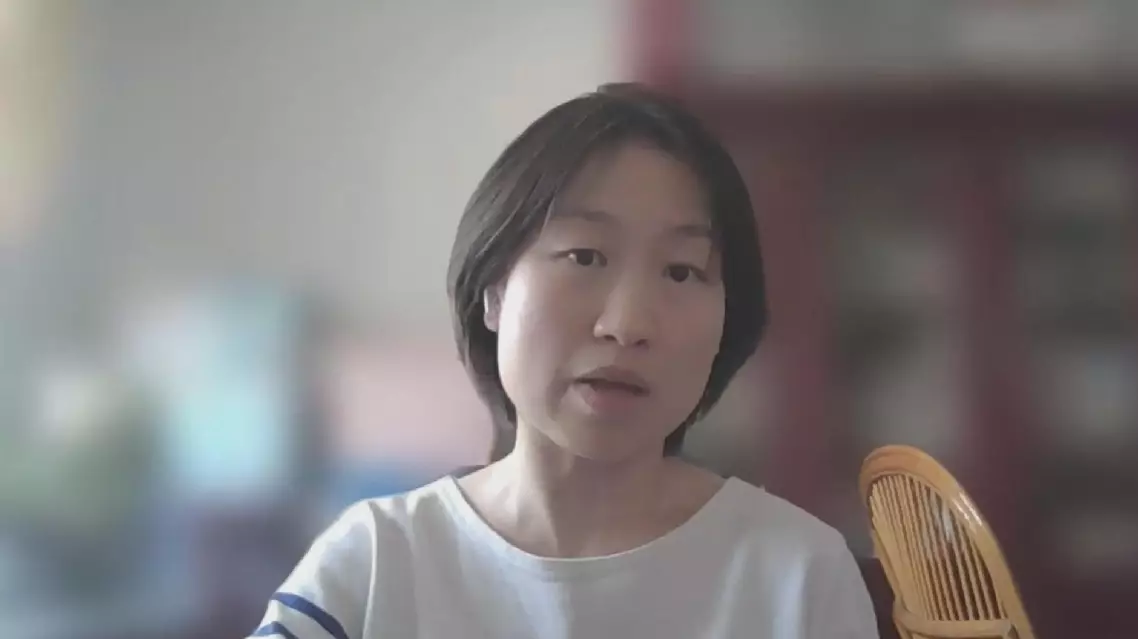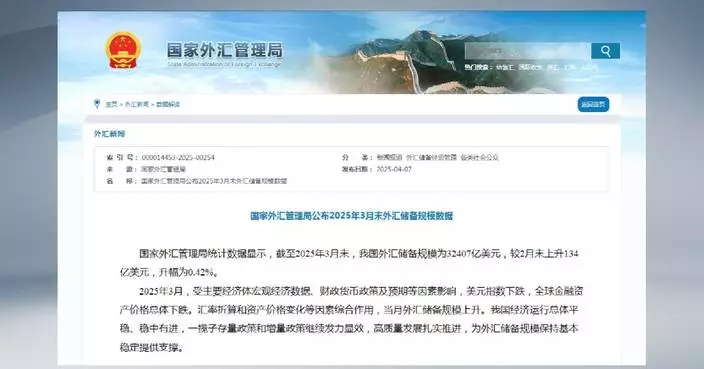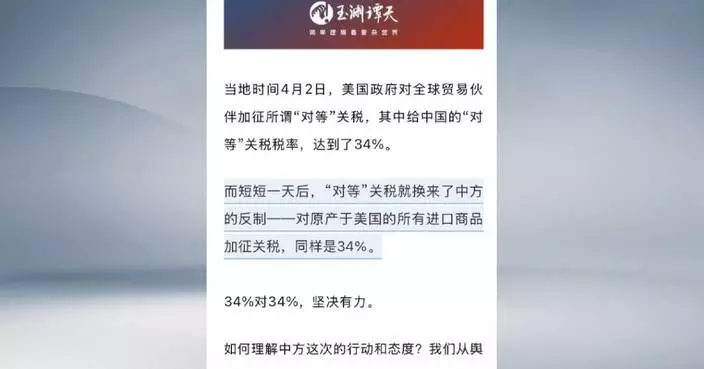China's targeted form of grassroots governance is helping meet the needs of residents at the community-level across the country, with a team of dedicated workers responding to issues through a grid-based management system which is seen as the key to addressing issues at the local level.
Among them is Wang Tong, a community worker in Lanzhou City of northeast China's Gansu Province. Wang is one of the staff members who met and shared her story with Chinese President Xi Jinping during his inspection of Gansu in September.
During his visit to Lanzhou's Zaolinxi Community, Xi emphasized the need to focus closely on the actual needs of residents and on continuously improving community services.
Wang explained how the grid-based management approach divides a certain number of households into grids and assigns a designated person who can respond to people's daily needs. A typical day for her always starts with a patrol in her designated area of the Zaolinxi Community, which is home to more than 5,600 households and over 11,000 people.
"The community I'm responsible for has 397 households and 921 people. My daily responsibilities include basic information collection, social conditions and public opinion assessment, as well as conflict resolution, safety hazard inspections, policy and legal publicity, public service, special population management and social security patrols," she said.
During her routine patrol, Wang encountered 82-year-old resident Song Ruqi, who had just came back from morning exercise, and offered to head to his home to help solve a heating problem.
After wrapping up her morning visits, Wang logs the data from her patrol into an online system, which supports the municipal management of the city Lanzhou.
With Wang's work data punched in, the data system -- called 'Xiaolanshanzhi', meaning 'Lanzhou's good governance' -- now reflects what's happening on the ground.
Saying that she used to be a stay-at-home mother before taking on the job at the community center, Wang admitted the transition wasn't easy at first, but says every time when she gets the work done and sees people's satisfaction, she feels content at having made a difference.
"I love the job so much. I don't know where it came from, but I just love it. It's fulfilling and worth it. Sorry to interrupt, I just got myself a bit touched and am in tears," she said.
The public opinion platform, which is regularly updated by community workers like Wang, mainly serves the grassroots governance system through data coordination, data management and data decision-making.
Officers and locals say the core of the vision lies in using technology and innovative tools to empower public governance and resolve people's dissatisfaction and conflicts, so they can better pursue the path toward prosperity.

Local community workers in Lanzhou lead way in grid-based management

Local community workers in Lanzhou lead way in grid-based management

















































